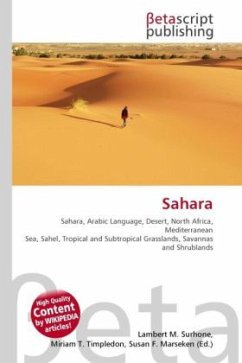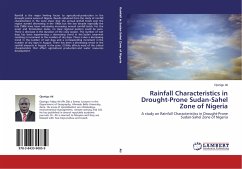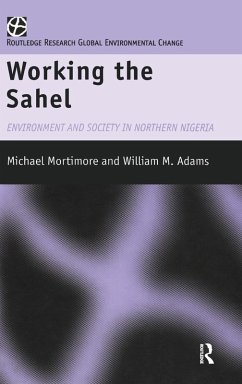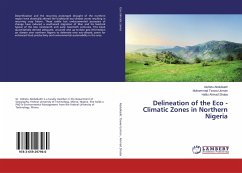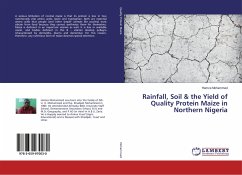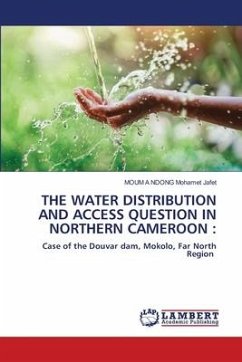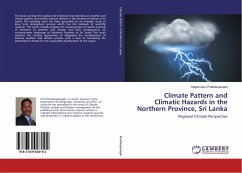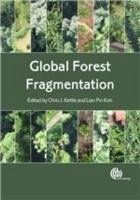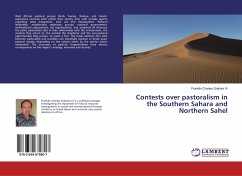
Contests over pastoralism in the Southern Sahara and Northern Sahel
Versandkostenfrei!
Versandfertig in 6-10 Tagen
27,99 €
inkl. MwSt.

PAYBACK Punkte
14 °P sammeln!
West African pastoral groups (Arab, Tuareg, Toubou, and Fulani) experience contests both within their society, and, with outside agents regarding state integration, land use and development. Pastoral leadership, neighboring sedentary groups, national governments, multinational corporations, aid organizations, and academia all influence the paths pastoralists take in their relationship with the environment, the markets they return to, the animals the shepherd, and the non-pastoral opportunities they pursue, to name a few. The social relations that exist between pastoralists and outsiders can es...
West African pastoral groups (Arab, Tuareg, Toubou, and Fulani) experience contests both within their society, and, with outside agents regarding state integration, land use and development. Pastoral leadership, neighboring sedentary groups, national governments, multinational corporations, aid organizations, and academia all influence the paths pastoralists take in their relationship with the environment, the markets they return to, the animals the shepherd, and the non-pastoral opportunities they pursue, to name a few. The social relations that exist between pastoralists and outsiders can essentially coalesce or break apart pastoral society, depending on the actions taken by the various actors mentioned. The outcomes of pastoral fragmentation have various consequences on the region s ecology, economy and security.



